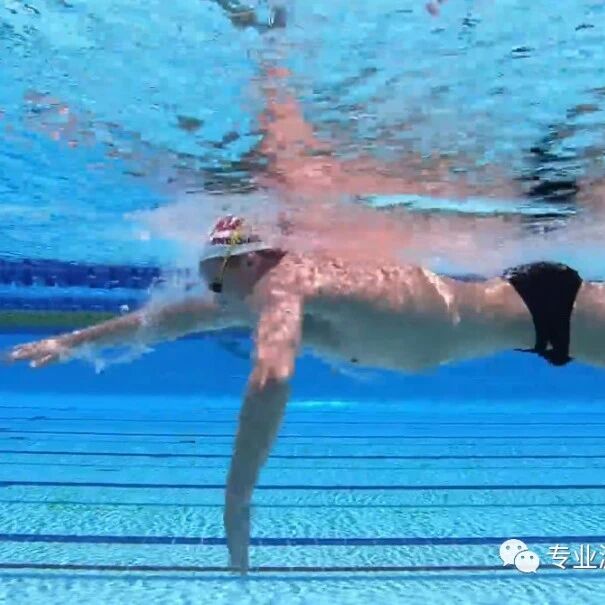Low power, high-tech skills, and a top-notch mindset—everyone can enjoy relaxed, long-distance swimming.
•4 min read
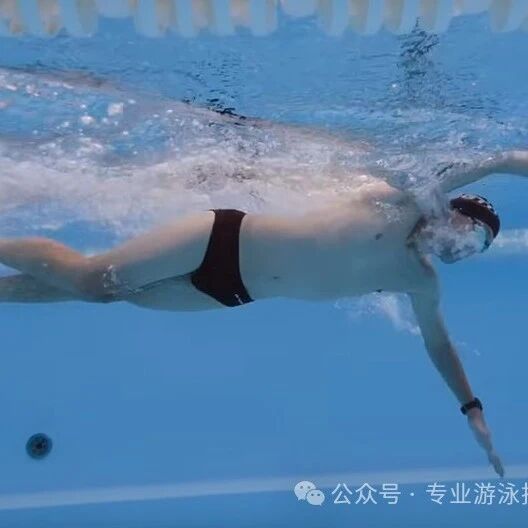
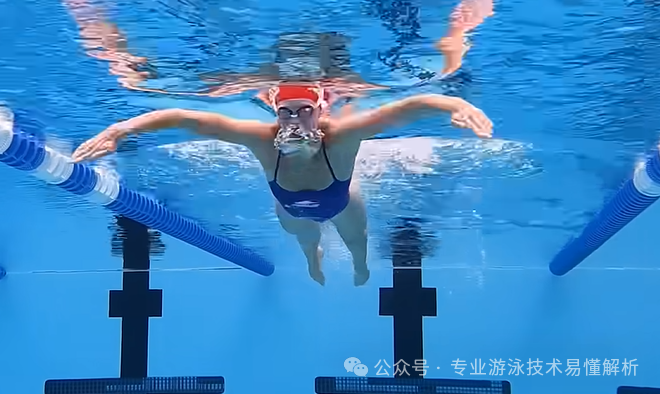
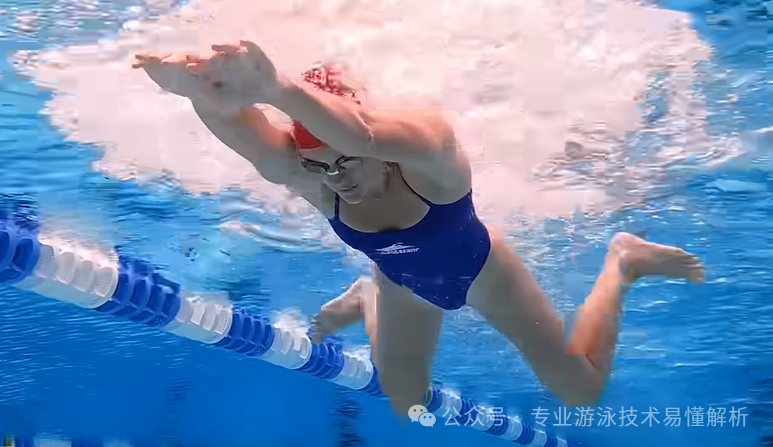
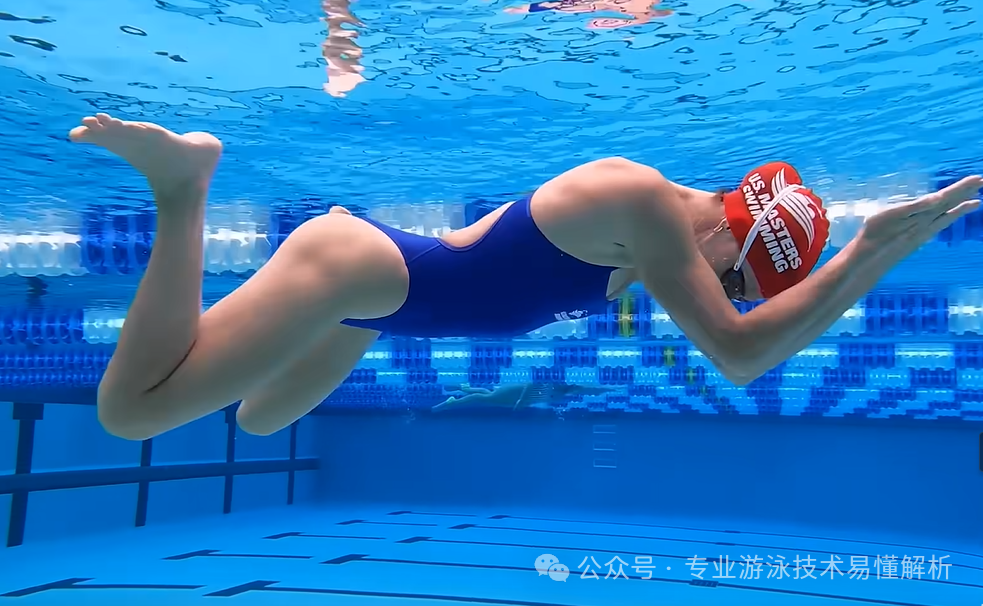
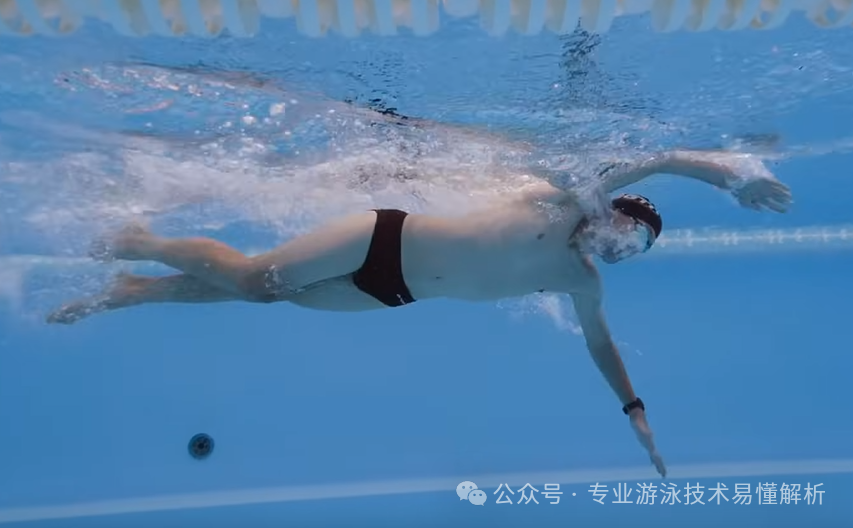
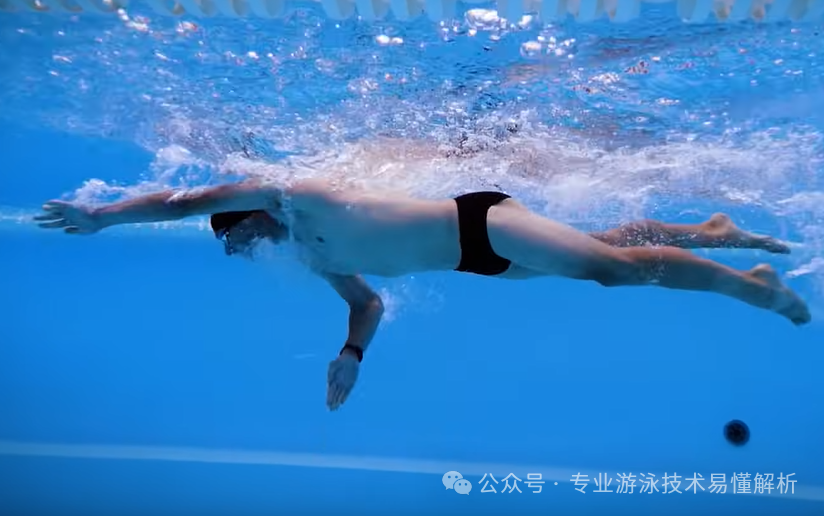
One WeChat official account shares swimming tips, while another focuses on software insights, online resources, and reading experiences.
Thank you for your supportive and encouraging likes, as well as the comments that spark meaningful conversations—and even more, we’d love to see those shares and retweets!

